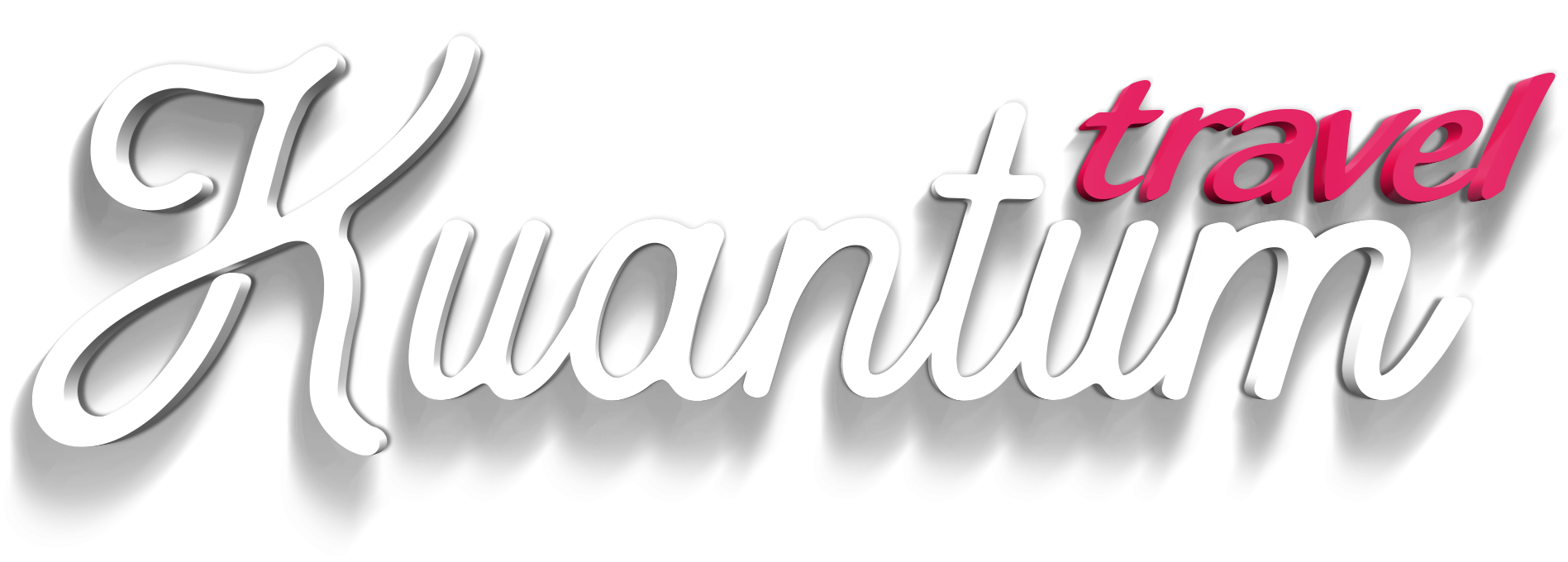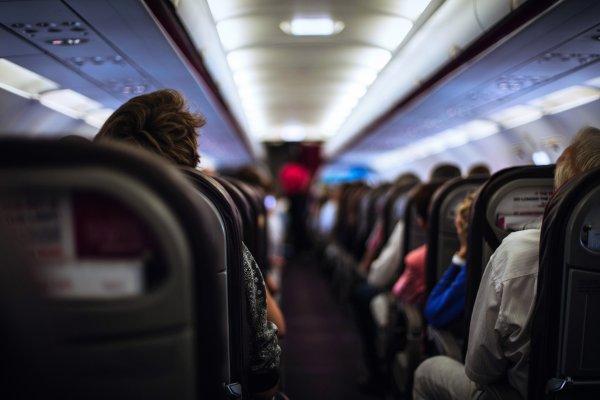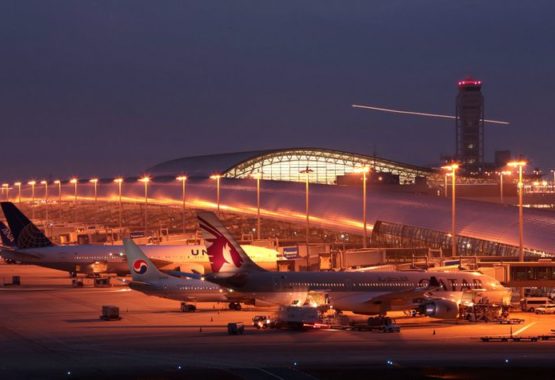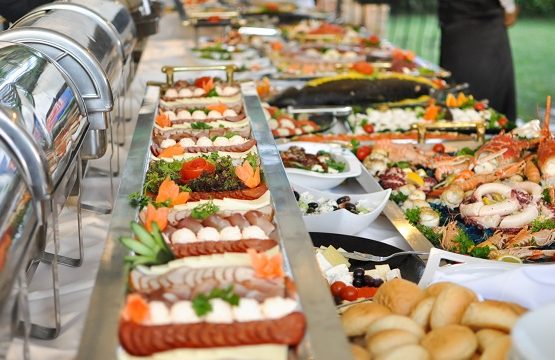Courtesy and Etiquette to be Considered in the Plane
Every human environment and every system has its own unwritten rules. Our civilization has come into being over time, passed down from generation to generation, built on invisible rules that are not mandatory but make life more comfortable by making it easier to operate if obeyed. Courtesy and etiquette are among them. There is no penalty for not following these rules, which may vary according to time and place, but those who do not comply are described in society as “vulgar” or “rude”. Just like in every aspect of life, there are rules of etiquette and decency that we have to follow when we’re in the cabin, when we’re on a plane journey.
Here are the A to Z rules:
– During boarding, when we are on the bellows, we must not walk in a right-to-left zigzag and stop passers-by, but we must proceed in our own lane and speedily. – If we do not have any health barriers, we should not walk slowly in Bellows and in aircraft, in narrow areas such as corridors. People don’t have to wait for us.
– If we don’t get off the plane, we need to get our little suitcase in the trunk. That way, we don’t have to worry about putting our luggage in their cupboards on the plane, and we don’t have to keep people waiting.
– Of course, as everywhere else, we should prioritize elderly, pregnant, children and female passengers.
– We need to help sick, elderly and physically disabled passengers who have difficulty placing their hand luggage in their overhead locker.
– If our hand luggage is a rickshaw, we have to make sure it’s in front of us in the cabin; when we drag it behind us, we can bump into people sitting.
– When we find our place on the plane, we have to stop in the hallway and get between seats so the people behind us don’t wait. We can do things like take off our coat, set up our bag, and put it in the overhead locker once we get between the seats.
– If there’s no room left in your overhead locker, we can put our suitcase in the side or opposite compartment. We don’t need to call the cabin crew and wait for them. If we have to wait, we have to get between seats so we don’t block the hallway.
– If we have a backpack, we have to take it out. Because, like in a rickshaw suitcase, when we’re moving in a tight space like a cabin, we can inadvertently hit and damage someone.
– We should take care that our arm does not occupy the entire edge of the seat after we sit in our seats, and we should not forget that there is another person sitting next to us who may want to rest his elbow.
If there’s someone in the seat next to us when we’re sitting in our seats and we’re seeing eye to eye, we should smile a little.
– We have to be careful not to get out of our seats with both our arms and legs during the journey.
Seat ranges may be very narrow, especially in economy class, but no matter what, we shouldn’t lean our knees against the front seat. We have to remember that someone is sitting in the front seat and if we do that we will feel our knee on his back.
-If our hair is long, we should make sure that it doesn’t get in someone else’s face-to-eye when we’re tossing it back, and if we’re doing this while we’re sitting, don’t turn off the screen of the passenger behind us.
– On the day of your flight, we should avoid wearing heavy and excessive perfume.
– We shouldn’t stretch our hands above our heads to the back of our seats. We have to keep in mind that if we do this, we’ll get into the sight of the person in the back, maybe turn off his screen or distract him if he’s watching something.
– We shouldn’t tilt our seat too far back, even if it’s technically possible. Especially in economy class, the already narrow seat ranges, because the passenger in the back of our seat is not well seated.
– If we’re reading newspapers, we shouldn’t open the pages in a way that puts them in front of us.
We shouldn’t ask for more than one thing when cabin attendants are catering. We must remember that they do not have very long time to serve, especially on domestic flights, and that other passengers expect service from them as well.
– The cabin crew is, of course, in charge of serving us, but we have to keep in mind that they are not robots and that they might want to hear the phrase “Thank you.”
– We should not address cabin officers with words such as “my child,” “my child,” “Lady,” “young,” “my friend”; we should just say “Excuse me.”
– We shouldn’t be talking profanity on the plane like we do in public.
Throughout the journey, we should not speak loudly, laugh or listen to music, as we should do wherever we are in the community.
– As well as getting our phone into Airplane Mode, games etc. if we’re playing, we should turn it off, listen to the videos with headphones.
– We shouldn’t park a plane and get out of our seats and not pick up our phone.
The things we complain about most on the plane
– 63% of the passengers in front of the seat when eating, when the table is open.
– 55% of the passenger next door occupied the edge of the seat
– 53 % of Rough handling of cabin crew
– 49% of People who carry more than normal and larger hand luggage and leave no room for other passengers ‘ luggage
– 43% of who speak loud and laugh
– 40% of those who push around to get off the plane as soon as possible.
– 34% of people who stand up all the time and deal with stuff in their closet.
– 33% of those who put their feet between the front seats
– 24% of people who talk profanities, regardless of who hears them.
– 19% of those who stick their head against the window and close the sight of those around them






